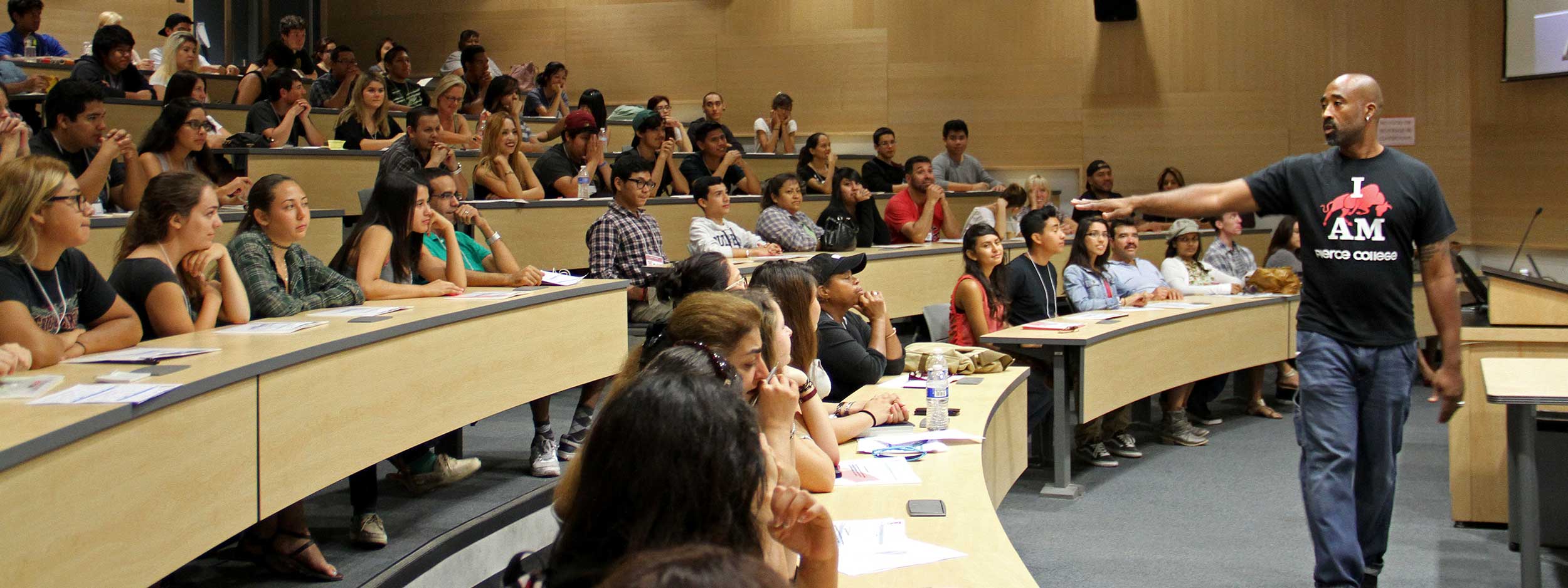Fall 2009
Committee:
President, Consultation Council Representatives, Sustainability Advisory Committee
Whereas, According to the National Association of College Stores (NACS) website, the average student spends approximately $900 per school year on textbooks and according to Pearson, a textbook publisher, the average cost of St. Martin’s Guide to Writing (Axelrod & Cooper), College Algebra (Blitzer), Psychology: The Science of Behavior (Carlson, Miller, Heth, Donahoe & Martin), and American Government: Roots and Reform (O’Connor & Sabato), four widely used general education textbooks, cost $515.61 in traditional format, while the electronic version of these same books costs only $245.34;
Whereas, A company by the name of Freeload Press, which was created in 2004 to help reduce educational expenses for students has entire textbooks online at no charge, the student would pay as low as a few dollars for the textbook and DeAnza College has established their On-line Research Center with much success;
Whereas, The internet includes items such as courses, course materials, textbooks, streaming video of classroom lectures, tests, software, and any other tools, materials, or techniques used to transmit knowledge that have an impact on teaching and learning; and
Whereas, California Assembly Bill 2477 (2007), requests the California Community College System to encourage faculty, through the Academic Senate for California Community Colleges, to consider the use of low cost textbooks, work with publishers to create cost-effective bundles, inform students of book costs and differences between editions, evaluate the system of how faculty notify the campus bookstore of textbook selection, evaluate the current system of communication between faculty and the campus bookstore and urges schools to give students as many options as possible for purchasing textbooks and yet currently many colleges do not follow through with these requests;
Resolved, That the Student Senate for California Community Colleges urge local senates to discuss with faculty and bookstores incentives that would encourage schools to offer a partial or hybrid textbook rental programs, offer electronic textbooks to be used on computers or digital readers and offer digital readers to the students in the college’s bookstore;
Resolved, That the Student Senate for California Community Colleges urge local senates to discuss incentives to publishers to provide e-books more readily and work with the publishers to publicize the use of e-books, to get the students and colleges informed such as subscription
programs; and
Resolved, That the Student Senate for California Community Colleges work with the Chancellor’s Office and the Board of Governors to expand the current pilot program at DeAnza College to provide faculty and staff from college districts around the state with incentives to use electronic books.
Whereas, A company by the name of Freeload Press, which was created in 2004 to help reduce educational expenses for students has entire textbooks online at no charge, the student would pay as low as a few dollars for the textbook and DeAnza College has established their On-line Research Center with much success;
Whereas, The internet includes items such as courses, course materials, textbooks, streaming video of classroom lectures, tests, software, and any other tools, materials, or techniques used to transmit knowledge that have an impact on teaching and learning; and
Whereas, California Assembly Bill 2477 (2007), requests the California Community College System to encourage faculty, through the Academic Senate for California Community Colleges, to consider the use of low cost textbooks, work with publishers to create cost-effective bundles, inform students of book costs and differences between editions, evaluate the system of how faculty notify the campus bookstore of textbook selection, evaluate the current system of communication between faculty and the campus bookstore and urges schools to give students as many options as possible for purchasing textbooks and yet currently many colleges do not follow through with these requests;
Resolved, That the Student Senate for California Community Colleges urge local senates to discuss with faculty and bookstores incentives that would encourage schools to offer a partial or hybrid textbook rental programs, offer electronic textbooks to be used on computers or digital readers and offer digital readers to the students in the college’s bookstore;
Resolved, That the Student Senate for California Community Colleges urge local senates to discuss incentives to publishers to provide e-books more readily and work with the publishers to publicize the use of e-books, to get the students and colleges informed such as subscription
programs; and
Resolved, That the Student Senate for California Community Colleges work with the Chancellor’s Office and the Board of Governors to expand the current pilot program at DeAnza College to provide faculty and staff from college districts around the state with incentives to use electronic books.

